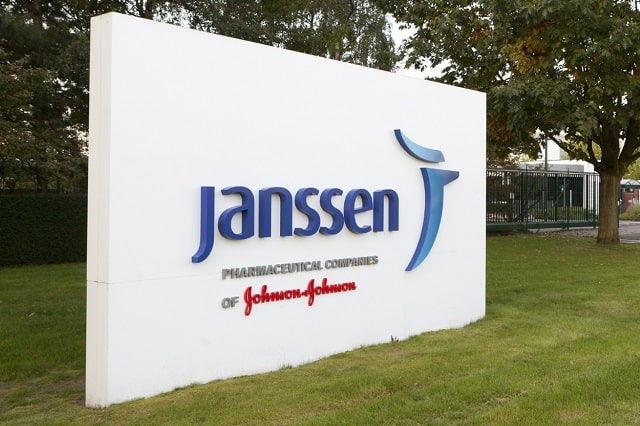
Janssen – a pharmaceutical arm of Johnson & Johnson – has announced that Stelara (ustekinumab) has been approved by the US Food and Drug Administration (FDA) for the treatment of paediatric patients aged six years and older with active psoriatic arthritis (PsA).
The approval was based on data of the established efficacy and existing safety profile of Stelara in multiple phase 3 studies in adult and paediatric patients with moderate-to-severe plaque psoriasis (PsO) and adult patients with active PsA.
Because of the limited availability of paediatric patients with PsA, researchers utilised an extrapolation approach based on previous efficacy and safety observations from a closely adjacent population of paediatric patients with moderate-to-severe plaque PsO who also had active PsA, as well as adult patients with moderate-to-severe plaque PsO or active PsA.
Commenting on the approval, Jennifer Davidson, vice president of Immunology Medical Affairs, Janssen Scientific Affairs, said: “The approval of Stelara for use in children aged six years and older with active psoriatic arthritis, which follows the 2020 approval for moderate to severe plaque psoriasis in this population, is complemented by more than 12 years of clinical trial and real-world evidence across all approved indications demonstrating the safety and efficacy of this biologic therapy.”
Stelara is a fully human monoclonal antibody that selectively inhibits both interleukin (IL)-12 and IL-23 cytokines, which are thought to play an important role in inflammatory and immune responses. The treatment is administered as a subcutaneous injection four times per year after two starter doses for the treatment of paediatric patients aged six years and older with active PsA.
PsA is a form of arthritis that affects some people who have psoriasis, a disease that causes red patches of skin topped with silvery scales. The condition occurs when a patient’s immune system attacks healthy cells and tissue, causing inflammation in the joints as well as overproduction of skin cells.
The autoimmune disease affects 5-8% of children and adolescents with chronic inflammatory arthritis. Symptoms of active PsA can vary significantly, but often include joint inflammation and skin lesions.
Like psoriasis, psoriatic arthritis is a long-term condition that can get progressively worse. If severe, there is a risk of the joints becoming permanently damaged or deformed, and surgery may be needed.




